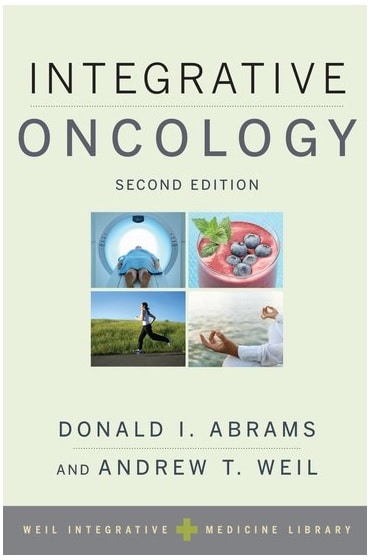Medical cannabis and cannabinoids in raw or dried flowers, oils, capsules, powders, edibles, and topicals may reduce pain, and some evidence shows benefit with nausea, vomiting, and sleep, but little evidence of improving treatment outcomes.
How do experts use cannabis and cannabinoids (marijuana)?
Both medical groups and integrative experts have evaluated cannabis and cannabinoids for treating people with cancer. Learn more about the approaches and meanings of recommendations: Integrative Oncology Programs and Expert Guidelines ›
Clinical practice guidelines
These guidelines for nausea and vomiting includes the synthetic cannabinoids dronabinol and nabilone among the list of common anti-nausea and vomiting drugs.
These guidelines regarding breast cancer patients state that insufficient evidence is available for recommending cannabis to improve quality of life.
Published protocols, programs, and approaches
Cannabis and cannabinoids are used in programs, approaches and protocolsa package of therapies combining and preferably integrating various therapies and practices into a cohesive design for care from these integrative oncologists, drawing from both scientific research and observations from years or even decades of treating people with cancer.
Keith Block, MD
Block KI. Life over Cancer: The Block Center Program for Integrative Cancer Care. New York: Bantam Dell. 2009.
The integrative Block Program has recommendations to people who are at different places along the cancer continuum:
- Those who’ve been recently diagnosed
- Those in treatment
- Those who’ve concluded treatment and need to remain vigilant to prevent recurrence
Mentions use of Marinol (dronabinol).
Neil McKinney, BSc, ND
McKinney N. Naturopathic Oncology, Fourth Edition. Victoria, BC, Canada: Liaison Press. 2020.
This book includes descriptions and uses of many natural and complementary protocols for cancer in general and for specific cancers. It also includes information on integrative support during conventional cancer treatment.
Uses of cannabis and cannabinoids:
- Brain/nerve cancer
- Carcinoid/neuroendocrine cancer
- Cervical cancer
- Colorectal cancer
- Esophageal cancer
- Leukemia
- Lung cancer
- Lymphoma
- Melanoma
- Skin cancer
- Uterine cancer
Other expert assessments
United Nations
“On 2nd December 2020, the UN Commission on Narcotic Drugs (CND), the drug policy making body of the UN re-classified cannabis and cannabis resin under an international listing that recognizes its medical value.”
World Health Organization
The World Health Organization’s Expert Committee on Drug Dependence (ECDD) ”recommended that preparations considered to be pure cannabidiol (CBD) not be placed under international drug control as the substance was not found to have psychoactive properties, and presents no potential for abuse or dependence.”
American Heart Association
The American Heart Association recommends that cannabis be removed from Schedule 1 of the US Controlled Substances Act so that it can be better researched. AHA notes, however, that cannabis is associated with adverse cardiovascular events.
Donald Abrams, MD, and Andrew Weil, MD
This 2014 book by integrative medicine experts and CancerChoices advisors describes a wide variety of complementary interventions to conventional cancer care, including a chapter from the perspective of a cancer patient. Abrams & Weil list cannabinoids as being beneficial in reducing pain and chemotherapy-related neuropathy.
Moss Reports

Subscription required
“While cannabis is promising, the promotion far outweighs the available evidence.”
Expert commentary
CancerChoices staff October 9, 2021, from Donald Abrams’ article Integrating cannabis into clinical cancer care › “One of the more distressing situations that oncologists increasingly face is trying to counsel the patient who has a curable diagnosis, but who seeks to forego conventional cancer treatment in favor of depending on cannabis oil to eradicate their malignancy because of the large number of online testimonials from people claiming such results. Given my long practice in San Francisco, I can assume that a large proportion of my patients have used cannabis during their journey. If cannabis cured cancer, I would have a lot more survivors in my practice today.”
CancerChoices advisor Brian Bouch, MD, advocates for the use of CBD in cancer care.
Play videoCancerChoices advisor, hospice and palliative care physician and author BJ Miller, MD, discusses the use of cannabis for pain control.
Play videoHelpful link

Abrams DI. Cannabis, Cannabis, cannabinoids and cannabis-based medicines in cancer care. Integrative Cancer Therapies. 2022 Jan-Dec;21:15347354221081772.
References





